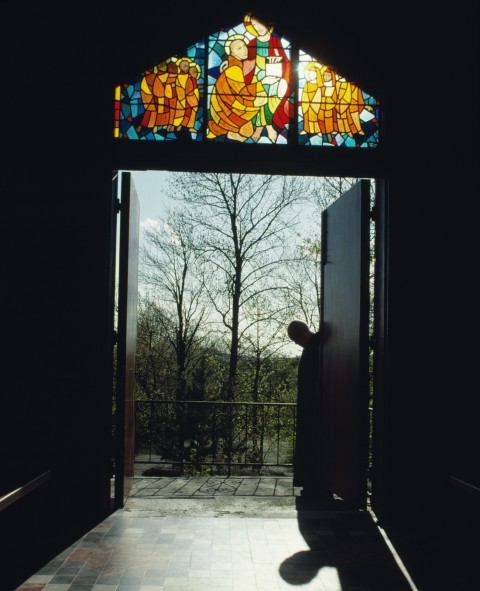Limits of welcome: The Sunday I told someone to leave

On Pentecost morning I told a visitor to leave the church. I’d never done this before. I’d never even been tempted. But I did it that morning.
The visitor arrived early for the service, her Bible in hand and a small jeweled cross on her neck, and I welcomed her to church.
“I have an urgent message for you,” she said abruptly. “The end is coming. ISIS is on the move. God is going to end the world on Friday. You are all going to hell. I need to talk to everyone here!”




